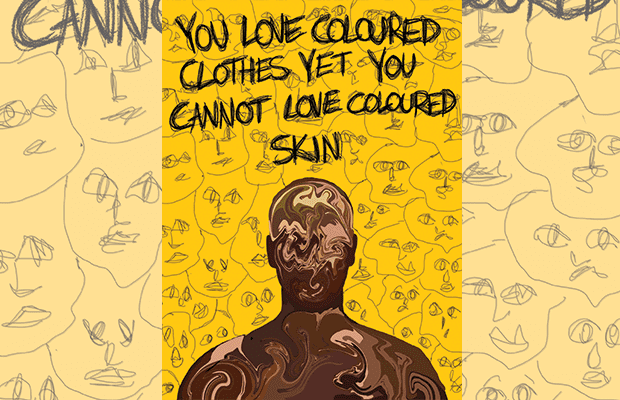While multiculturalism aims to foster the creation of a society imbued with increased tolerance for everyone, irrespective of their colour, culture or creed, state-sponsored multiculturalism in Australia compels distinct cultures to exist separately from the mainstream.
It reiterates the distinction between the dominant culture and other ethnically, racially diverse cultures, especially migrant cultures, by feigning inclusivity; thereby reproducing and sustaining racist and discriminatory power relations. This is especially apparent when it comes to international students.
As a theoretical concept, multiculturalism can be regarded as the composite cohabitation of a plethora of cultural realms, along with promoting the acknowledgement that all cultures– no matter how different, are equal in value. This in turn entails not just tolerating diverse cultures, but also recognising their worth.
State-sponsored multiculturalism in Australia, however, operates to foster an ironical, exogenous connection between the White possessor and non-White possessed. As a result, international students are granted rights that ought to pre-exist. This ‘granting’ of rights to international students belonging to ethnically and racially diverse groups marks the pivotal distinction between multiculturalism as a state of being and multiculturalism as a state of possession. The former creates a cohesive habitude in which Whites and non-White international students form an intrinsically intertwined state of being, while the latter always creates a stratification between the two: the White possessor is given the power to endow nonWhite possessed diverse communities with rights. In this failure to open up ‘inclusive cultural spaces,’ such policies socially exclude international students,not only from the commodities and living conditions accessible to the White-possessor, but also from essential life opportunities.
In fact, multiculturalism in Australia is widely employed as a public policy initiative for enabling the exclusion of international students through tokenistic means. The Skilled Graduate Temporary visa (Subclass 485) scheme particularly exemplifies this phenomenon. Theoretically, the visa is supposed to provide international student graduates with opportunities to remain in ‘Australia for 18 months’, to allow them to ‘travel, improve their English language skills and/or gain skilled work experience in the Australian labour market’. However, according to Temporary Grauduatification: impacts of post-study work rights policy in Australia Report (2019), international students are seen as outsiders in Australian society, owing to their status as temporary non-citizens. Therefore, they are “discriminated against on the basis of not holding PR” or a Permanent Residency, given that approximately “50% of the good jobs” in Australia “ask for PR and citizenship”. The term “temporary” itself engenders a sense of hesitation among employers, sometimes leading to complete exclusion of Subclass 485 visa holders from the preliminary recruitment process.
Multiculturalism is also utilised as a tool to manage international students and their diversity. International students and the diversity they bring to Australia raises a common concern i.e. in an attempt to integrate multiple perspectives, the integrity of what it means to be ‘Australian’ may be compromised, given that ‘Australianness’ is largely thought of as being synonymous with ‘Whiteness’. International students are constructed, depersonalised, and embraced as ‘economic units’ or commodities imperative to increasing the nation’s prosperity. Diverse cultures––the opportunity to connect with different people, and access to ‘cultural and culinary experiences’––are welcomed because they bring broader perspectives of the world to the White-possessor. Diversity, then, is merely managed in service of White-possessor’s needs.
All in all, policies and initiatives made for international students are nothing but empty promises. Instead of celebrating their diversity and wholeheartedly embracing their value, such policies undermine and other them.Mindful creation and implementation of policies are thus imperative for Australia to be referred to as a truly multicultural nation.





